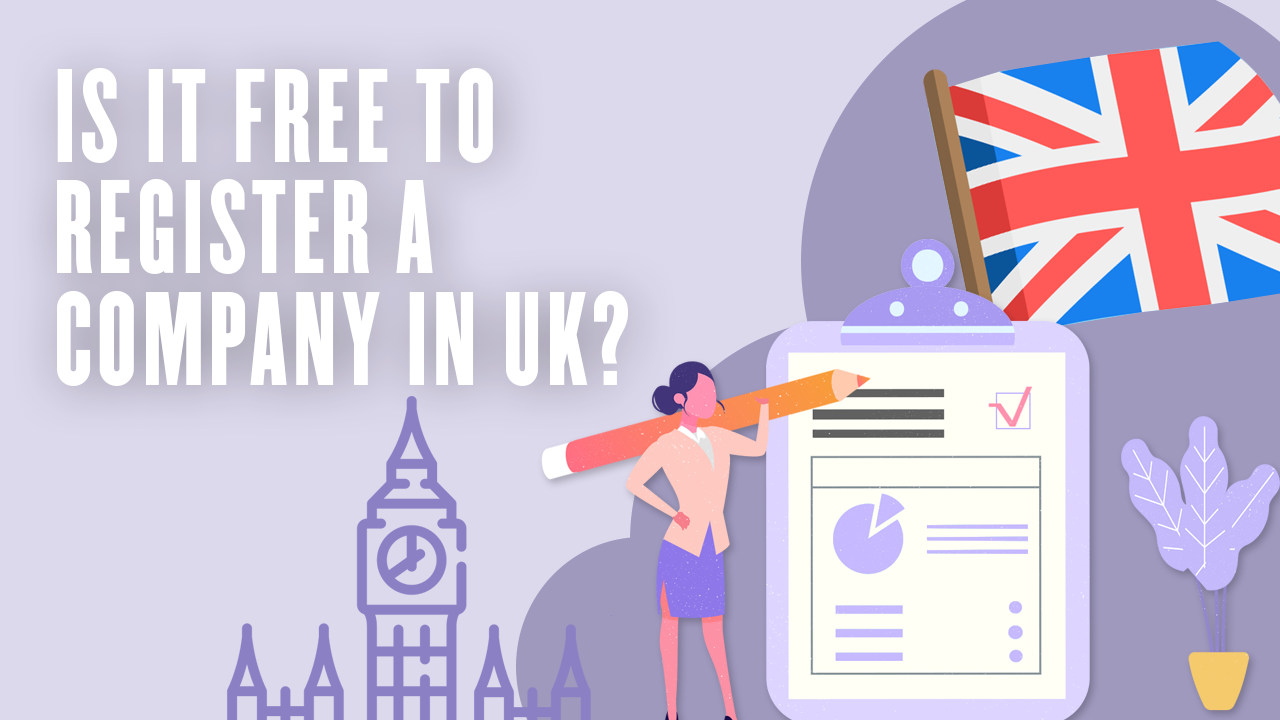While starting a business is thrilling, the burning question on everyone’s mind is “How much does it cost to start a business in the UK?”. Well, keep reading because I will be talking all about starting a business in UK.
Although starting a business is an exciting process, it is also costly. It’s critical to be realistic when estimating launch expenditures for a business. Expenses such as office space, legal fees, payroll, business credit cards, and other administrative costs can mount up quickly.
So how much does a UK business really cost?
Well, the type of funding you choose for your business is important to its success. Loans, investors, grants, and angel investors are all examples of this. Borrowing responsibly for your business can be the greatest move for your organization in many situations. Obtaining extra funds to support expansion, augment working capital, and improve operations are all part of a flexible, dynamic financial plan.
On average, UK startups budget £5,000 to launch. Further, the average UK startup spends £22,756 in their first year, according to a study commissioned by Geniac. But, as only 42.4% of SMEs survive past their first five years, the key is budgeting enough to not only launch, but survive and thrive in the long-term.
Is It Free To Register A Company In Uk?

Limited Company Registration is $12 and is done through Companies House with a $10 one-time entrance charge. Regardless, you can use different business services for this amount, depending on your company’s needs.
Why do you need to figure out how much it will cost to establish a business in the UK?
Financial planning allows you to budget for both anticipated and unanticipated expenses. A comprehensive picture of your financial situation can aid you in making better business decisions, keeping your company solvent, and eventually increasing profits.
You can improve your chances of success by proactively assessing your own business launch costs and budgeting for unanticipated expenses.
Calculating startup expenses also aids you in the following areas:
- Determine whether you can afford to start your business at all.
- If you don’t have enough money to self-fund your business, look into other funding sources.
- Demonstrate to investors that you are aware of your initial expenditures, and you will gain their trust.
- Determine whether or not your business concept is financially sustainable in the long run.
- Consider whether you can afford to hire any staff to assist you with your launch.
- Make a budget for every aspect of your business, including what materials and equipment you’ll need to launch, how much it’ll cost to market and promote your brand, and so on.
What are the costs of starting a business?
When you’re establishing a new business, there are a few things you’ll need to spend money on to get it off the ground. These are the costs of starting a business.
Startup costs are “sunk costs,’ which means you won’t get your money back regardless of whether your company succeeds or fails. These costs are critical not just in getting your firm to market, but also in deciding your success in the early months and years of operation.
That’s because the amount of money you put into your business early on will influence how quickly you can build a loyal following and generate enough revenue to stay afloat and scale.
Examples of initial business expenses include:
Marketing branding: Web design, website hosting, logo design, content production, social media advertising, business signage, flyers, posters, brochures, business cards, and other marketing collateral are all examples of marketing and branding.
Professional fees: For example, money spent on business consultants and advisors to assist with the creation of a business plan. Recruitment fees are the costs of posting job openings on job boards or hiring new personnel through recruiters.
Registering your business: This is a one-time cost that you will pay after you have chosen your company formation type.
Common start-up costs for businesses in the UK:
The particular starting expenses, assets, variable costs, and fixed costs you’ll incur in getting your small business off the ground vary by industry. Let’s get started.
1. Research
It takes a lot of research to come up with strong company ideas. Before launching your firm, the ideal approach is to validate your idea(s) by researching. This to determine if there is any interest in purchasing.
2. Marketing
You’ll need to market and promote your business to obtain customers or clients to buy from you. This will necessitate the implementation of a digital marketing plan. The beauty of marketing is that it does not have to be expensive. Word of mouth and social media are two of the most successful and cost-free strategies to promote a brand. However, you may want to promote your company through media advertising, or by employing a marketing company to do it.
3. Licenses and software
Most businesses need some type of software to carry out tasks.
Most software, whether it’s a Customer Relationship Management (CRM) platform to manage customer interactions, an email marketing tool to capture email addresses and contact customers, accounting software like Xero or Quickbooks for invoicing or bookkeeping, or a specialist design tool like Adobe Photoshop, will require a one-time license fee or an ongoing subscription cost.
You’ll also need to account for the expense of data storage and backup in case something goes wrong.
How To Get Money To Start A Business In UK:
You’ll need capital to fast turn your startup into a full-fledged business, and it might be difficult to know where to seek for that all-important cash injection between loans, investors, grants, and angels. Let’s take a look at ways on how to get money to start a business in UK.
1. The government’s start-up scheme
The government’s Start-Up Loan program is a great way to get your business off the ground.
The Start Up Loan scheme, which was launched in 2012 to stimulate entrepreneurship, is a government-backed personal loan of between £500 and £25,000 available to anyone wishing to start or expand a small business. The interest rate is set at 6% per year, and the loan can be paid back over a period of one to five years.
2. Small business grants
New UK enterprises specialized in innovation across a variety of disciplines, from technology to the arts, can apply for a few startup-business incentives. Innovate UK Smart Grants provide financial support to entrepreneurs developing ground-breaking discoveries with commercial potential, such as the numerous AI startups that have sprung up in London recently. Regular competitions, which are all listed on the Innovate UK portal, provide cash to entrepreneurs with game-changing ideas.
3. Crowdfunding
With a variety of platforms offering different investment formats, this is one of the most popular ways to acquire startup capital in the UK. Crowdfunding allows entrepreneurs to not only collect money and gain exposure at the same time, but also to measure interest in a product and develop it as the company grows. Crowdfunding is available in two varieties.
Consumer-focused crowdfunding
If your company is product-based, crowdfunding through sites can help you secure a steady stream of purchases before you ever start manufacturing. Not only will this provide you with the funds you need to get your startup off the ground, but you won’t have to give up any of your company’s shares because the investor’s reward is the product itself.
Simply ensure that your pricing structure includes all of the hidden costs of making and distributing your backers’ rewards.
Investor-focused crowdfunding
Crowdfunding platforms allow you to generate funds by converting your backers into shareholders. This is ideal for startups with a non-product-based business model or for small businesses looking to expand. Because these platforms provide investors equity in your firm, they are more inclined to invest more than a regular consumer.
MORE blogs here:
23 Simple Business Ideas You Can Start With Today
What Do You Need To Know Before Starting A Business?
Why You Should Fail FASTER In Business


